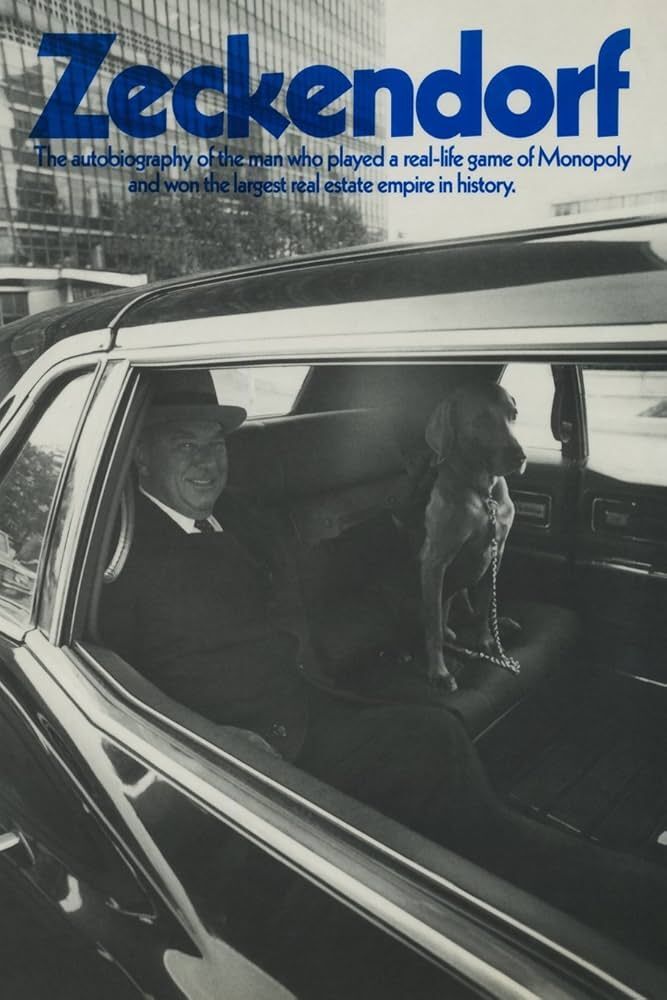
A bygone mogul with lessons and warnings that ring louder than ever...
"Big Bill" Zeckendorf died 50 years ago, but his epic rise and fall still offer timely lessons for today's real estate leaders.
1. College dropout, started at the bottom:
William Zeckendorf dropped out of NYU after just one year, starting humbly at his uncle's firm in his early 20s, collecting rents and managing properties.
2. An early taste for risk:
At 33, he joined Webb & Knapp as a broker when it went public in 1938. By mastering complex deals and leveraging extensive debt, he rose swiftly, taking control as president by age 44. He transformed the conservative firm into his ambitious development vehicle.
3. A legendary land flip:
In 1946, Zeckendorf assembled a 17-acre slaughterhouse site in Manhattan at $17/sf, triple the adjacent land value, seeing potential where others didn’t. He swiftly flipped it to Rockefeller for the UN Headquarters, netting a $30M profit in 2025 dollars.
4. Master dealmaker:
Zeckendorf was famous for sketching bold projects on napkins that quickly captured headlines. Believing that "time kills deals," he acted decisively, developing landmark projects like Century City in Los Angeles and buying up iconic NYC properties such as the Chrysler Building, Hotel Astor, the Commodore, the Drake, and the Manhattan Hotel.
5. Industry pioneer:
Zeckendorf revolutionized retail by developing Roosevelt Field, one of America's first modern shopping malls. He also innovated financing through his "Hawaiian Technique," creatively slicing properties into leaseholds, ground leases, and air rights, laying groundwork decades ahead of Wall Street's securitization boom.
6. Epic rise and cautionary fall:
At his peak, Zeckendorf controlled nearly $300M of real estate in 17 states and Canada, managing $500M (about $5B today) in simultaneous projects. Yet his empire crumbled under massive debt and soaring interest rates, culminating in personal bankruptcy in 1969 and teaching future generations: "It's better to be small and successful than famous and broke."
PS -- we published a reading list last week and a few commenters specifically called out this Zeckendorf bio. Well worth the read! Keep the comments and suggestions coming.

COMMENTS